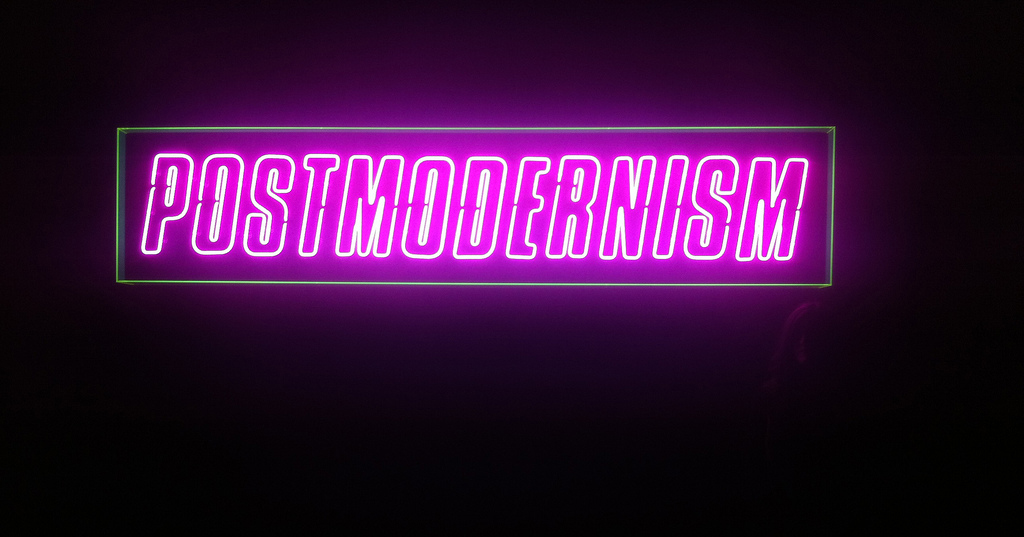Views expressed in opinion columns are the author’s own.
Growing up, I was a real contrarian; I always used to argue with my younger sister when she stated her opinions. Often her response was, “That’s my opinion — it can’t be wrong!” And while I have since outgrown my contrarian attitude and come to realize she was probably right more frequently than I was, I still feel queasy about this postmodern idea that opinions are inherently irrefutable. Why can’t I believe some beliefs or opinions are ridiculous? Am I just being closed-minded? What about someone who’s legitimately racist? Are their opinions valid?
Generally, living in a liberal modern society that is diverse and tolerates different perspectives is important for creating healthy civil discourse in which people feel understood. This is especially important when discussing beliefs about values such as what is right and wrong, whether one has an ethical obligation to be vegan, or why some people are pro-choice and others pro-life. Authentically tolerant mindsets can help achieve incredible dialogue among people of different ethnic backgrounds, religions and beliefs. In an ideal world, these conversations help promote inclusive societies where people can live together even when they disagree fervently.
However, there is a dangerous but unspoken rule in diverse dialogue that being open-minded means accepting people’s opinions or narratives as equally valid. I agree that when we are openly listening to someone, in order to better understand them, we need to leave our preconceived notions at the door. But that does not mean that all of our preconceived notions are misconceived. We should listen to understand, and when we are sure we understand, we need to critically analyze. That means if something does not make sense, we should question it instead of accepting it as a valid perspective. When someone says this is their truth or narrative, it does not mean it is now sacrosanct and untouchable. People can be wrong, and if one is having an open-minded discussion, hopefully they will feel secure enough in their own beliefs to not be threatened by the perspective of others.
The reason we have come to accept people’s narratives is because we don’t know how to have these conversations respectfully, without fear of offending someone. Being visibly Jewish, I tend to get a lot of questions about Judaism and my faith. The most repeated phrase is, “I don’t mean to offend you, but [insert innocent question here]?” Our brains clearly want to analyze, but society has taught us to accept the narratives of others instead of thinking critically and aiming to delve deeper into understanding those narratives. This often prevents us from asking unpopular yet important questions for fear of coming off as offensive, ignorant or unaccepting of people’s beliefs. We are forced to perceive the world as a conglomeration of facets of truth instead of believing in any single objective truth. I don’t accept either Jesus as my savior or Muhammad as my prophet because I have my own set of beliefs. And while I am willing to learn about the beliefs of others and I respect others’ beliefs immensely, I am comfortable with own my faith as well. In that same vein, individuals should not be threatened when other beliefs contradict what they themselves hold to be true.
Yet, the idea of postmodernism asks us to accept everyone’s beliefs as a valid truth. But we shouldn’t accept them if we don’t believe they represent an objective truth. And when we begin to accept everything, we descend into a culture of moral relativism where every value and belief is one that is beneficial and valid, and we begin to think in terms of “my truth” instead of “the truth.” The next time someone expresses their opinion, listen to understand, and then honestly think about it. Don’t be afraid to ask the unpopular questions — that is part of being on a search for truth.
Moshe Klein is a sophomore economics and government & politics major. He can be reached at mosheylklein@gmail.com.



